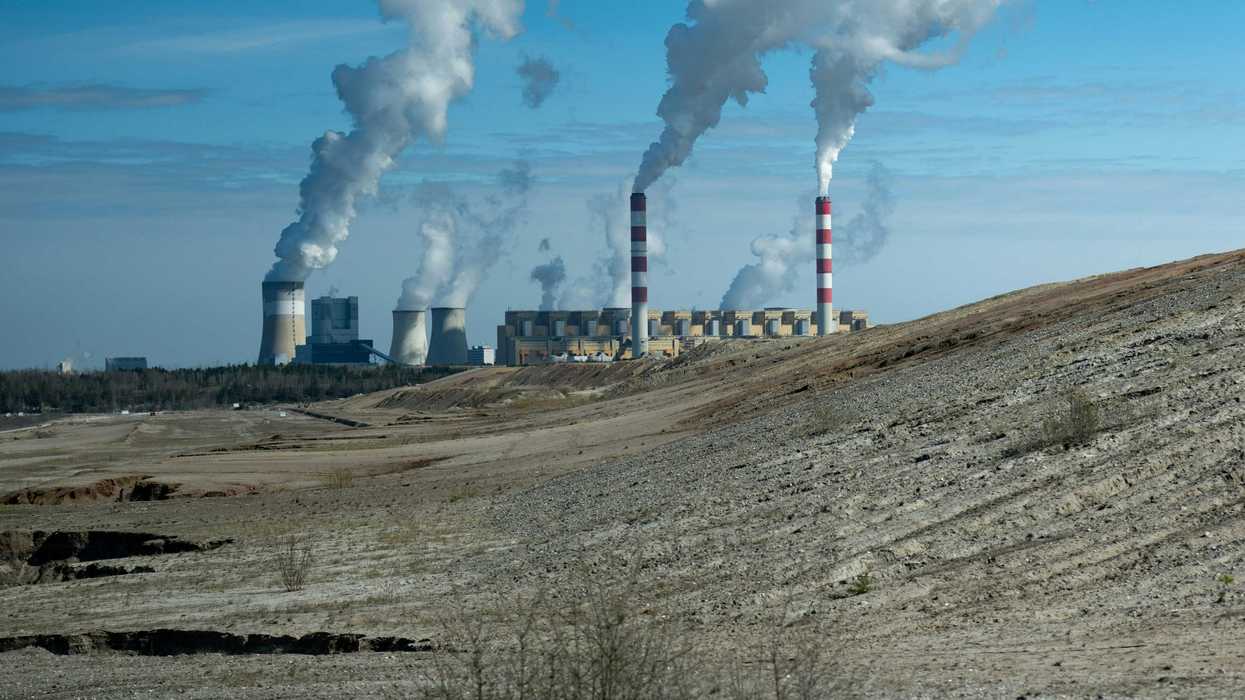Studies explore potential ties between PFAS exposure and breast, gynecological cancers.
Sharon Udasin and Rachel Frazin report for The Hill.
In short:
- Ongoing research investigates the possible connections between PFAS, a widespread environmental contaminant, and various cancers, including those affecting breast and gynecological health, but conclusive results are yet to be determined.
- Advocates and affected individuals push for more extensive research and recognition of PFAS's impacts, emphasizing the chemical's prevalence in consumer products and its potential immune system effects.
- The complexity of tracing specific health effects to PFAS exposure is amplified by the diverse and sometimes contradictory nature of individual cancer cases and environmental factors.
Key quote:
“ ... mice developmentally exposed to PFOA demonstrate persistent abnormalities in breast growth in female offspring.”
— Suzanne Fenton, director of the Center for Human Health and the Environment at North Carolina State University
Why this matters:
PFAS are known to interfere with hormone functions, which can influence cancer risk and development. Hormones regulate growth, reproduction, and the function of different body systems, and disruptions can lead to conditions like breast and ovarian cancers, which are hormone-sensitive.














